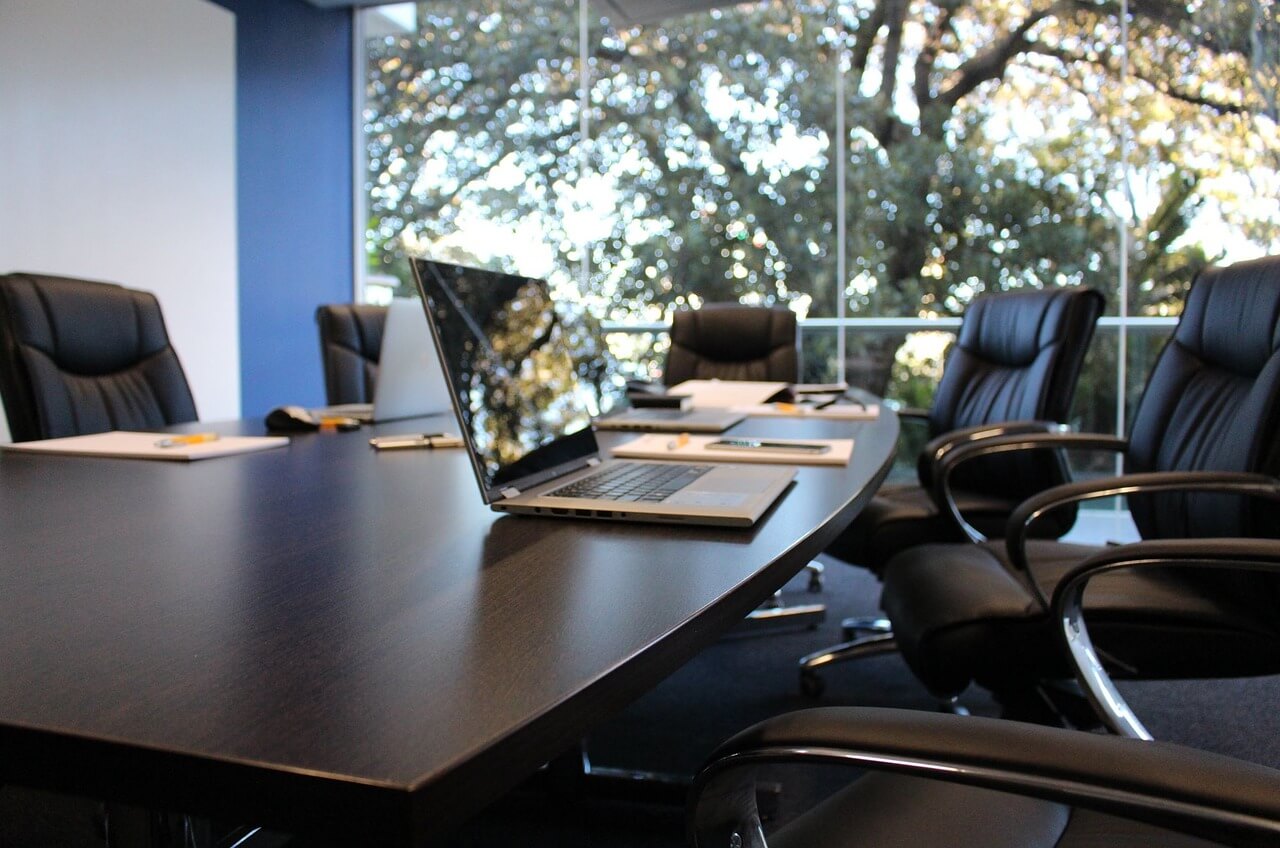How to Improve a Board: Understanding a Board’s System
Understanding a Board’s System: Key of Improving Recent Breakthrough in Development: Systems Thinking One of the recent breakthroughs in organizational and management development is the ability to understand organizations and each of the various functions in them as a system. Each of the functions, such as Boards, planning, leadership, management, marketing, sales and finances is …









